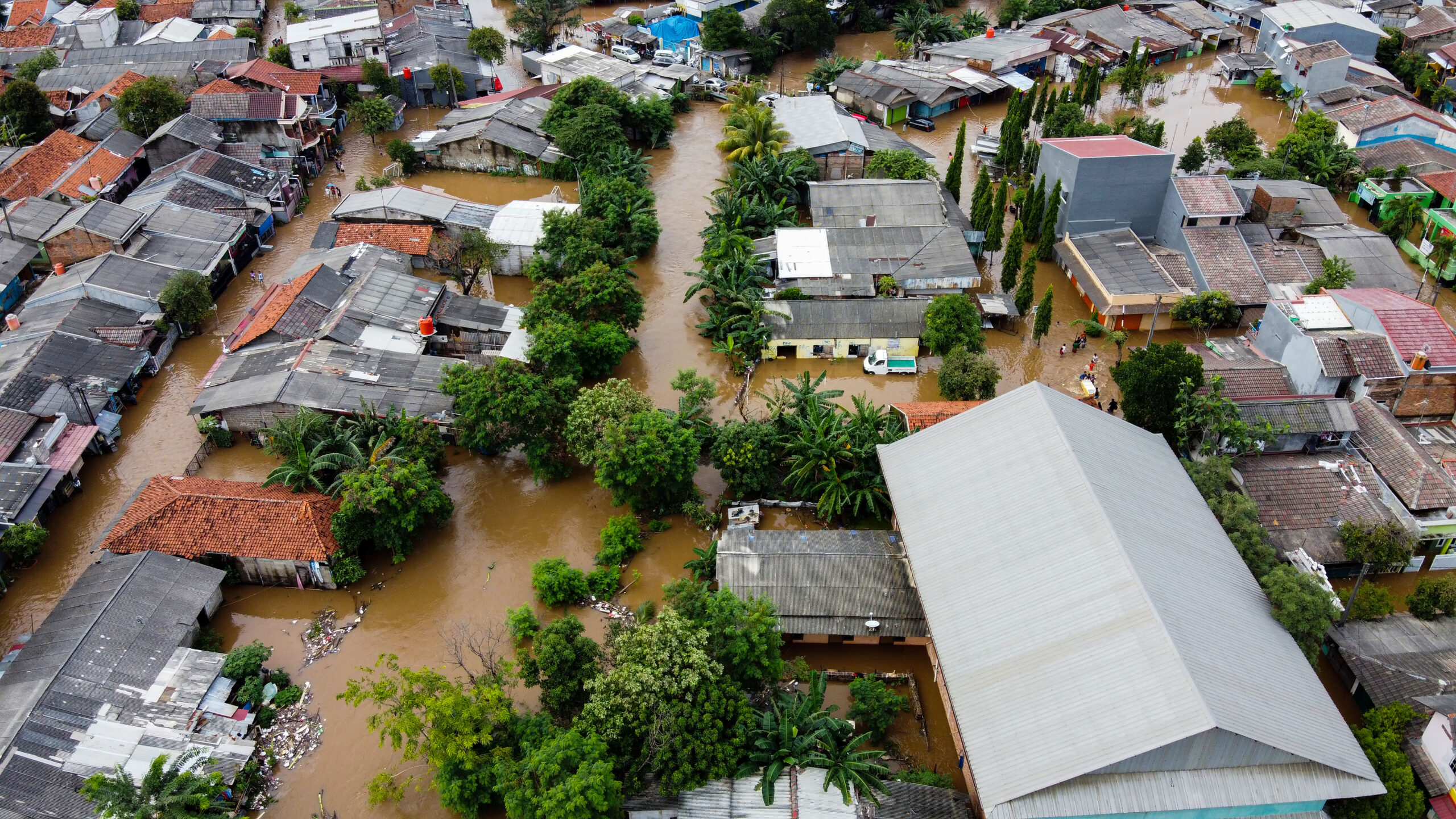Homepage
A whole-of-MIT initiative to deliver high-impact climate solutions for the world.
Game-changing research. Accelerated innovation.
With the Climate Grand Challenges initiative, MIT is setting its sights on research and innovations that will deliver game-changing advances in the world’s efforts to address the climate challenge. Launched in 2020, Climate Grand Challenges is designed to mobilize the Institute’s entire research community around tackling the most difficult unsolved climate problems in emissions reduction, climate adaptation and resilience, risk forecasting, carbon removal, and understanding the human impacts of climate change.
MIT selected 27 teams as finalists from a field of nearly 100 initial proposals, representing 90 percent of MIT departments and involving almost 400 MIT faculty, senior researchers, and external collaborators. Then five teams with the most promising concepts were announced as multi-year flagship projects that will receive additional funding and support to develop, implement, and scale their solutions rapidly.
Grand Challenges
-

Building equity and fairness into climate solutions
Disadvantaged, minority, and indigenous communities often face the greatest risks from sea level rise, powerful storms, wildfires, and disruptions to water and food supplies, but have the fewest resources to protect themselves. The transition to low-carbon, more resilient societies must include equitable strategies that address the health and economic consequences of climate change on populations overburdened by environmental inequity.
-

Decarbonizing complex industries and processes
Decarbonizing the global economy requires replacing sources of carbon emissions with low-carbon alternatives and developing scalable non-emitting applications of hydrocarbons. This effort focuses heavily on tough-to-decarbonize sectors such as long-distance transportation, chemical refining, textile manufacturing, housing, and the production of cement, steel, and fertilizer.
-

Removing, managing, and storing greenhouse gases
Meeting the world’s climate targets will not only require drastic reductions in greenhouse gas emissions but also the removal of carbon dioxide and other greenhouse gases from the atmosphere. Effective, economic solutions for removing, managing, and storing these gases will need to draw upon novel geological, biological, chemical, and oceanic processes.
-

Using data and science to forecast climate-related risk
New developments in computation, robotics, and data science are enabling a new generation of observational tools and scientific models with the potential to deliver reliable, quantitative predictions of future climate risks at local scale. These tools can increase the efficacy of early warning systems, improve emergency planning, and provide actionable information for climate mitigation and adaptation efforts.
By the numbers
Get involved
-
Collaborate
-
Media Inquiries
-
Provide feedback
-
Other MIT climate Initiatives
-
Support